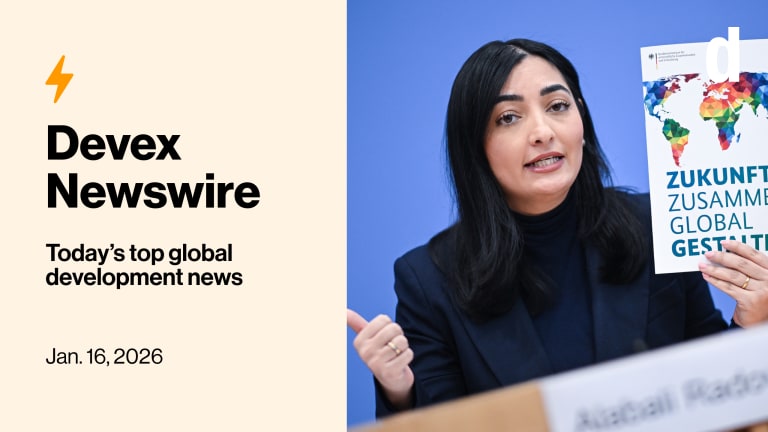If Sania Nishtar wins the race to become director-general of the World Health Organization, she will be the first leader in the organization’s history to come from a developing country. But it would hardly be Nishtar’s first time trailblazing. As Pakistan’s first female cardiologist, she has emerged as a leader of public health both at home and abroad.
Nishtar has founded her own NGO, successfully worked with her own government to advance health reforms, and sat on a number of leadership positions in several international health panels and advisory groups. She ran in 2015 for the position of U.N. high commissioner for refugees and thereafter led the U.N. Secretary General’s Independent Accountability Panel for the Global Strategy for Women’s, Children’s and Adolescents’ Health.
Across her multiple posts, Nishtar has earned a reputation for pushing transparency — an area she is emphasizing again in her candidacy for the WHO, releasing a 10-point manifesto of priorities for the organization she hopes to head. Back home, Nishtar is known as the architect of the Handover Papers, which summarizes the work she undertook during her time as federal minister under Pakistan’s caretaker government before the 2013 elections as well as recommendations for reform to her successor.
Search for articles
Most Read
- 1
- 2
- 3
- 4
- 5








